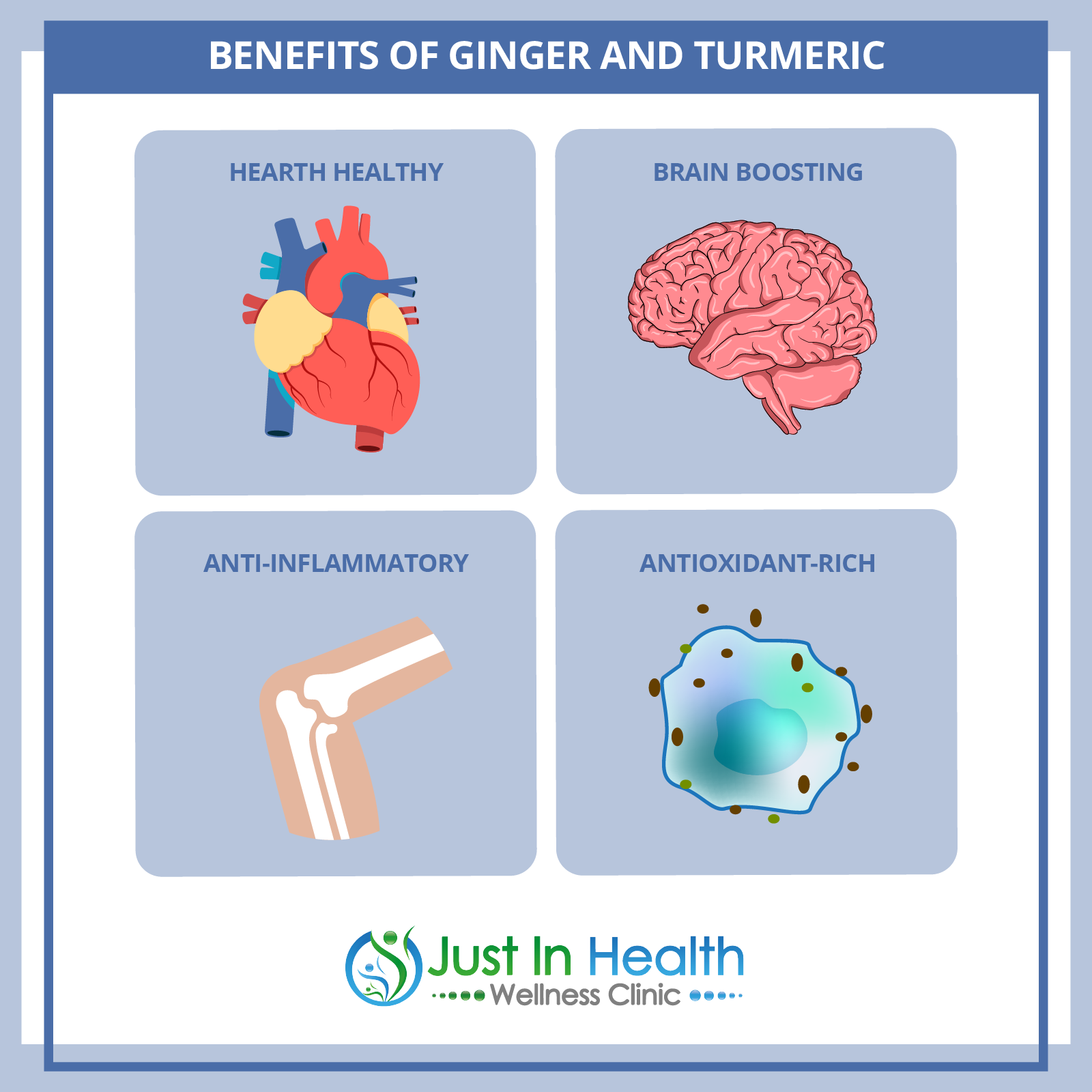

By Dr. Justin Marchegiani
Inflammation is often cited as the root cause of many modern diseases. Nonsteroidal anti-inflammatory drugs (NSAIDs) such as aspirin and ibuprofen provide quick relief from pain, swelling, and inflammation. However, these medications come with risks and potential side effects. The good news? There are natural alternatives that can help manage inflammation effectively.
Inflammation is a natural and essential process in the body. It serves as a defense mechanism to heal injuries and prevent infections. However, chronic inflammation—when the immune system remains heightened—can lead to long-term health problems.
Left unchecked, chronic inflammation can contribute to autoimmune diseases, premature aging, irritable bowel syndrome, arthritis, and even cancer.

While NSAIDs effectively reduce inflammation, they do so indiscriminately—blocking processes that the body needs for optimal function. Over time, their use can cause damage to vital organs and lead to serious health risks.

A diet rich in anti-inflammatory foods, coupled with a healthy lifestyle, is the best way to prevent and manage inflammation. Fortunately, several powerful herbs offer natural relief without the harmful side effects of NSAIDs.
Turmeric’s active component, curcumin, has been used for centuries in Ayurvedic and Chinese medicine as a potent anti-inflammatory agent. Research suggests curcumin may help treat conditions like arthritis, neurodegenerative diseases, and colitis.
Additional benefits:
How to use: Add turmeric to meals, drink it as tea, or take curcumin supplements.
Ginger boosts the immune system and modulates inflammation, making it a powerful tool against chronic inflammation. Studies indicate that consuming 2 grams of ginger daily can significantly reduce inflammation markers.
How to use: Enjoy ginger in food, tea, or supplement form.
This aromatic herb contains antioxidants and anti-inflammatory compounds that support overall health.
How to use: Use fresh rosemary in cooking, apply rosemary essential oil topically, or add a sprig of rosemary to your coffee grounds before brewing.
Used for centuries across Asia and Africa, frankincense has been shown to reduce inflammation, particularly in arthritis patients.
How to use: Frankincense is available as a supplement, resin, or topical cream for direct application.
Understanding the risks of NSAID use empowers you to explore natural alternatives. Incorporating anti-inflammatory herbs, maintaining a healthy diet, and managing stress can help prevent inflammation-related diseases and improve overall well-being.
====================
Recommended Products
https://www.ncbi.nlm.nih.gov/pubmed/26400429
https://www.ncbi.nlm.nih.gov/pmc/articles/PMC3011108/
https://www.ncbi.nlm.nih.gov/pubmed/21139128